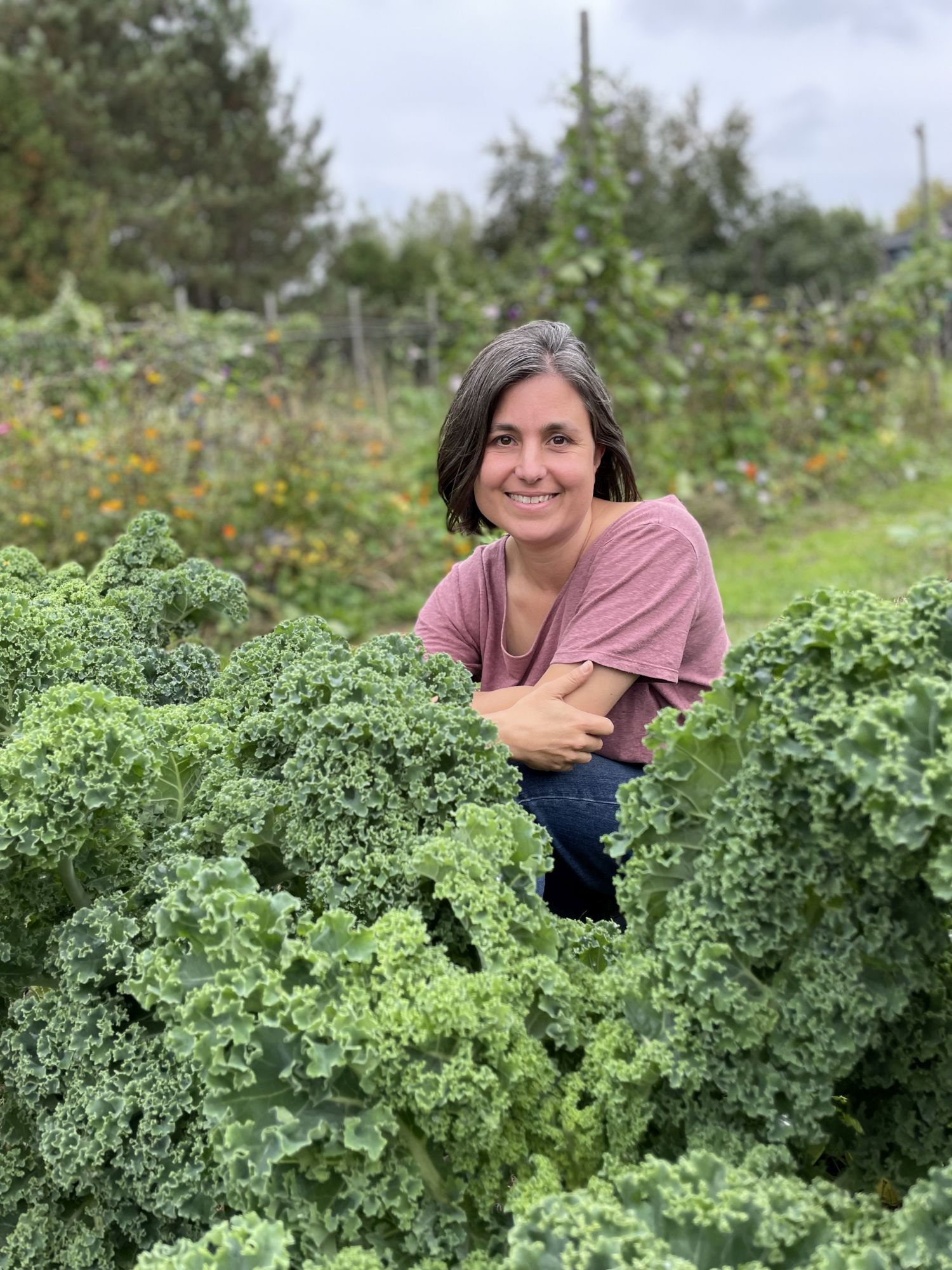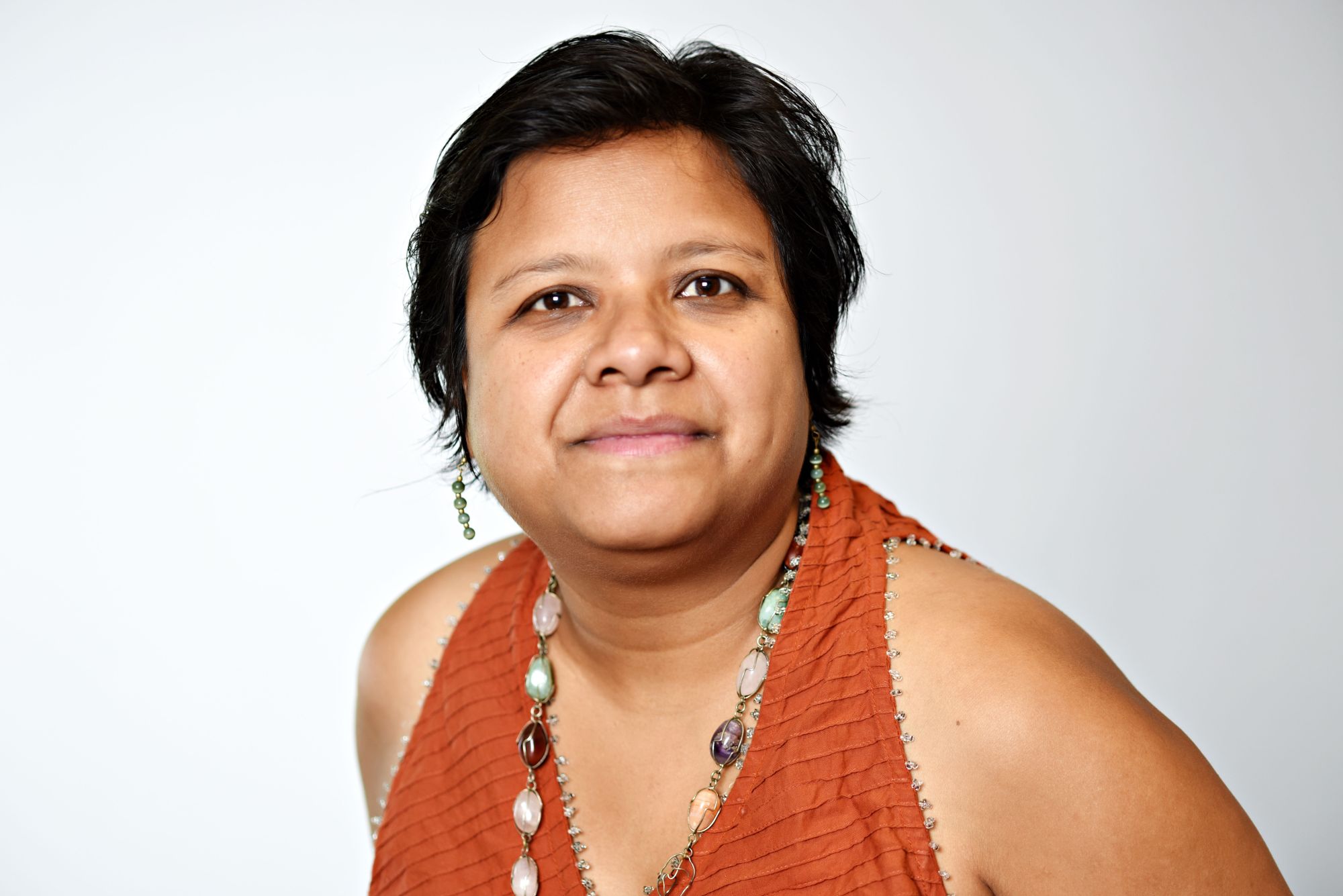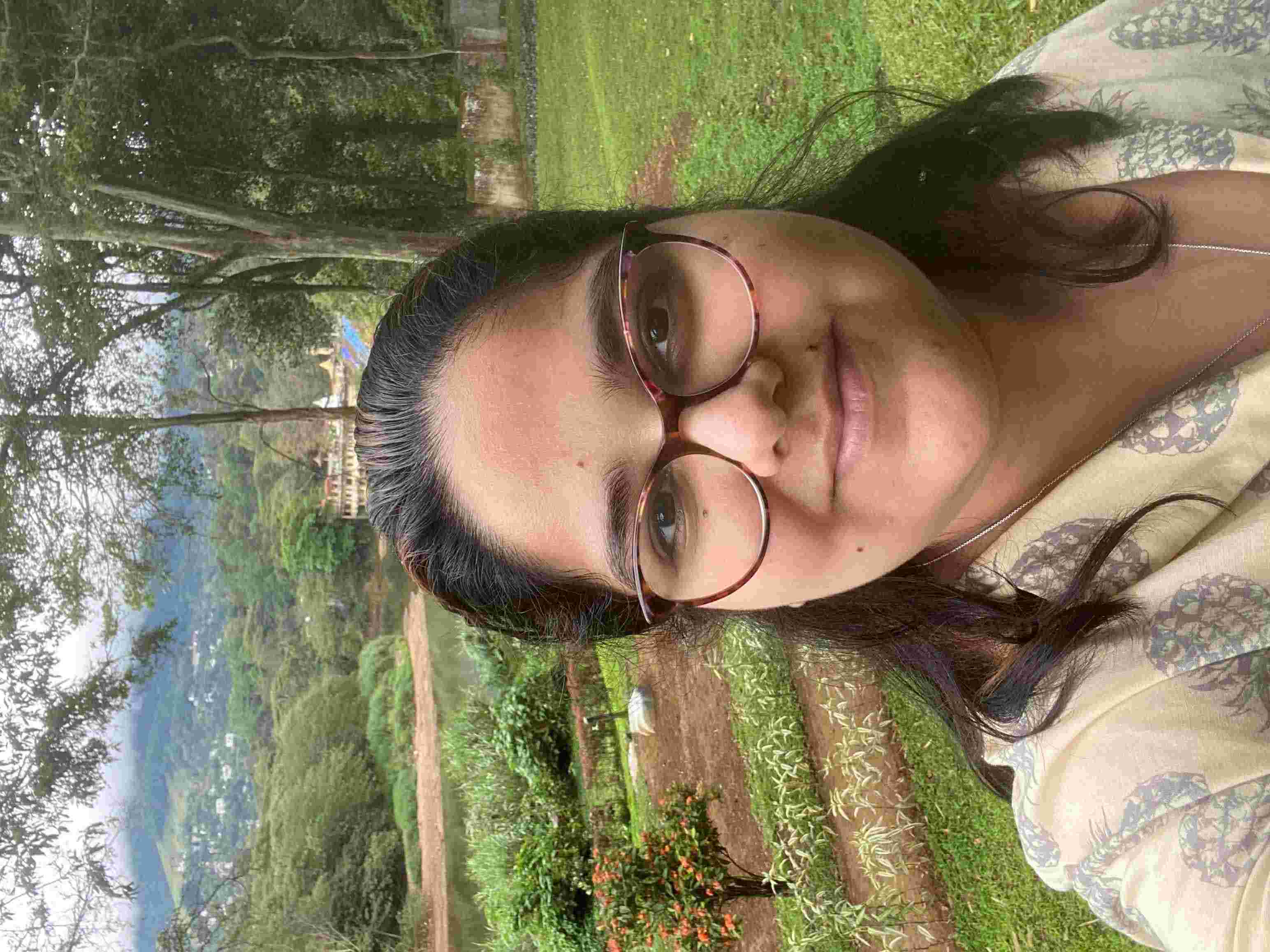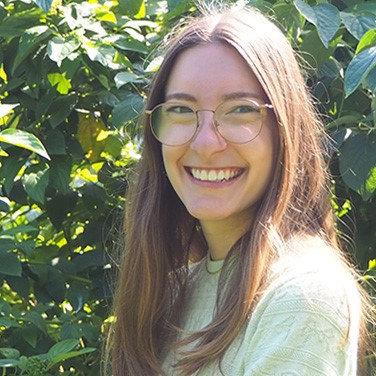Researchers

Sarah Elton, PhD, is an assistant professor in the Department of Sociology at this university and the founding director of the Food Health Ecosystems Lab. She also holds an appointment at the University of Toronto’s Dalla Lana School of Public Health. Her PhD is in Social and Behavioural Health Sciences from the University of Toronto. Dr. Elton’s research has been published in numerous peer-reviewed journals including Social Science and Medicine, Critical Public Health, Canadian Food Studies, Gastronomica, Environmental Humanities and the Canadian Journal of Public Health. Her writing is anthologized in several books, including chapters in two forthcoming books: “People-plant mobilities: Growing bitter melon and bottle gourd in Toronto” in Bender & Cinotto, Food Mobilities: Making World Cuisines, University of Toronto Press. And Elton, S. & Cole, D. “Eating for Health and the Environment: Food Systems Analysis and the Ecological Determinants of Health” in Kevany & Prosperi, Routledge Handbook of Sustainable Diets. Her two award-winning books, Locavore: From Farmers’ Fields to Rooftop Gardens, How Canadians are Changing the Way We Eat and Consumed: Food for a Finite Planet are Canadian bestsellers.
Dr. Elton’s work spans the food system and employs a variety of research methods. She collaborates with community partners and university scholars at the Feeding the City Lab (external link) where their collaborations are funded by several grants from the Social Sciences and Humanities Research Council. In another community-based project led by principal investigator Dr. Daniel Bender at the University of Toronto, she is working on a study of community-based entrepreneurs in partnership with Vanessa Ling Yu, founder of caterToronto. This study is also funded by SSHRC.
Dr. Elton draws on critical qualitative research methods in her work on gardens, produce chains, and the microbiome, often employing posthumanist theory in her analysis. This latter work contributes to the emerging area of human-plant relations, the study of plants in the context of society and politics.
In the fall of 2021, Dr. Elton won an Gairdner Foundation Early Career Investigator Award for her “original and unconventional and cross-disciplinary” health research. The Foundation typically awards prizes to biomedical health researchers and Dr. Elton was the first critical qualitative health researcher to be recognized by them. Read more about the award or watch Dr. Elton’s talk on the foundation’s Youtube Channel (external link) . Her doctoral work, A Posthumanist Study of Health and the Food System: Vegetal Politics in Toronto Gardens during the Anthropocene (2019), won the Joan Eakin Award for Methodological Excellence, Centre for Critical Qualitative Health Research, University of Toronto.
Sarah has worked as a journalist, writing for numerous publications including The Globe and Mail, Maclean’s Magazine, The New York Times, and the Atlantic.com. She is a former instructor with the Fellowship in Global Journalism at the Munk School of Global Affairs, University of Toronto and has also worked in radio and television.

Dr. Jayeeta Sharma (Jo) Sharma is the director of the Feeding City research lab at the University of Toronto, Director of the Sustainable Food and Farming Futures Cluster of Scholarly Prominence at the University of Toronto Scarborough, and co-lead of two SSHRC-funded pandemic projects. The Feeding City research lab focuses on community-based research. The lab is made up of scholars, educators, advocates, and students who engage with community organizations, municipalities, and local-global academic partners through cross-sectoral, qualitative research to foster ways to build back a more resilient and sustainable food future. Their work is supported by the University of Toronto, the University of Toronto Scarborough (UTSC), and the Social Science and Humanities Research Council of Canada (SSHRC). The Feeding City lab supports the Scarborough Food Network, a network of community organizations that work on food security, BIPOC food sovereignty, and food advocacy issues around the eastern GTA.
Jo is the author of Empire’s Garden (Duke University Press), and her scholarly work has been published in journals such as Food, Culture & Society, Gastronomica: The Journal for Food Studies, and Modern Asian Studies. She is also a a life member of the Indian Association of Labour Historians.

Donald C. Cole, MD, is a fellow of the Royal College of Physicians and Surgeons of Canada with a specialty in public health and preventive medicine and sub-specialty in occupational medicine. During over forty years of practice, research and policy work, he has emphasized multi-stakeholder action processes to address important burdens of illness and to change eco-social conditions while improving health equity. His and colleagues' research included occupational and environmental epidemiology, complex intervention evaluation using mixed methods, and research capacity development. As an emeritus professor of the University of Toronto's Dalla Lana School of Public Health, he continues to mentor, consult, see patients and work on his son's family farm in West Grey, Ontario, pursuing a lifelong interest in agricultural work, food systems and human health in ecosystems.

Evan Fraser, PhD, is a geography professor at the University of Guelph and the founding director of the Arrell Food Institute. Evan's work focuses on working with diverse teams to develop strategies that balance the need to produce and distribute accessible, healthy and nutritious food while stewarding ecosystems. He has co-authored more than 100 scholarly papers and book chapters and has self-published a graphic novel titled #foodcrisis. His web video series "feeding 9 billion" has been watched over 600,000 times. Evan is the co-chair of the Canadian Food Policy Advisory Group.
Research Assistants and RA alumni

Aminah Haghighi is a law student at Lincoln Alexander School of Law, a mother of two children, and a qualitative market researcher. During the pandemic, she founded a 1/4 acre market garden in Prince Edward County — she volunteered on municipal boards as a farmer advocate, participated in local farmer's markets, and ran a 35-bag CSA (community-supported agriculture). In an industry that didn't have many historically marginalized faces, she became deeply passionate about food equity and sustainable food systems. Through her research and advocacy work, Aminah seeks to dismantle barriers to food access and effect positive change in historically-marginalized communities.

Bernice Yanful (she/her) is a PhD Candidate in the Dalla Lana School of Public Health at the University of Toronto. She conducts food systems research spanning several disciplinary boundaries including public health, education, geography, and nutrition. She is also a knowledge translation specialist at the National Collaborating Centre for Determinants of Health. Prior to beginning her doctoral studies, Bernice worked as a public health nurse at an Ontario public health unit in the areas of school health and health equity.

Jannatul Islam is a PhD student in the Environmental Applied Science and Management Program at Toronto Metropolitan University. He has an MA in Environmental Policy from Memorial University, Newfoundland, a graduate degree in business administration from the University of Dhaka, Bangladesh, as well as a Master’s degree in Business and Management from University of Gloucestershire in the UK. He has worked as a project coordinator, researcher, and research assistant in different community-based funded projects. Jannatul also has a passion for community development work. He has initiated three nonprofit initiatives: the Toronto Bangla School, PROYASHEE Foundation and HSDN International to serve children, seniors and engage in sustainability initiatives.

Jasleen Sohal is a graduate of the Toronto Metropolitan University Nutrition and Food Program. She graduated with a Certificate in Food Security and a minor in Psychology. Her main goal is to research and support food security and sustainable food systems in Canadian communities. She is currently a researcher with the Feeding City Lab at the University of Toronto Scarborough.

Kyle Resendes worked as a research assistant with the Food Health Ecosystems Lab and is a graduate of the Toronto Metropolitan University History program. His main area of focus is African American history between Southern Reconstruction and the Civil Rights Movement. Outside of academia, Kyle is passionate about Toronto's music scene. He can be found in local music shops or cycling around the city.

Matilda Dipieri recently completed a Master of Environment and Sustainability (MES) at the University of Toronto. She is interested in the socio-political and ecological dimensions of the food system, with a focus on the particularities of urban food systems. Her graduate research explored the history of the Ontario Food Terminal to make sense of what the historical conditions that produced it tell us about urban food distribution, and our relationship to nature, today.
Ruth Siew received a bachelor’s degree in psychology from Toronto Metropolitan University and a Master’s degree in counselling psychology and psychotherapy from the Ontario Institute of Education, at the University of Toronto. Ruth is employed as a clinical counsellor at Woodgreen Community Services, working with seniors with a history of chronic homelessness, mental health issues and substance use issues. Though she is no longer doing food research, she is interested in the intersection of food and social justice and is planning to start a gardening and composting program with her clients.